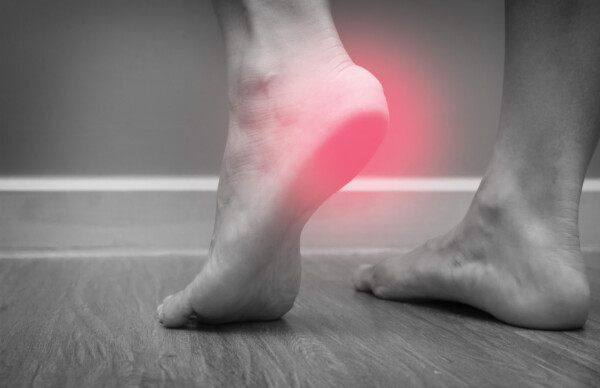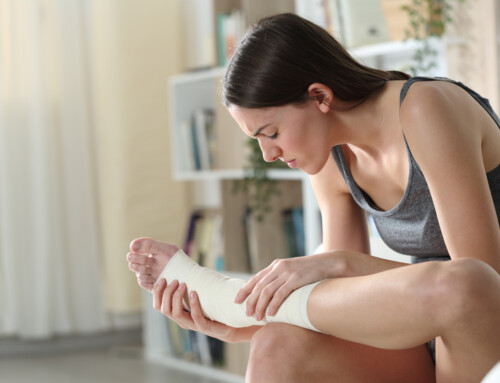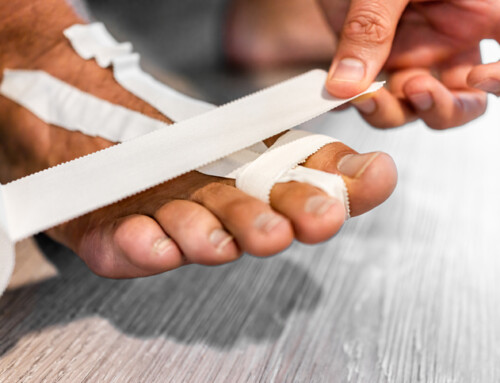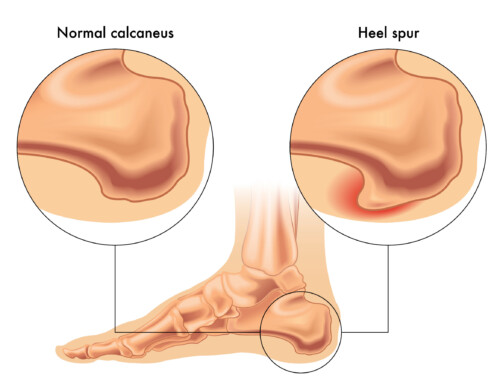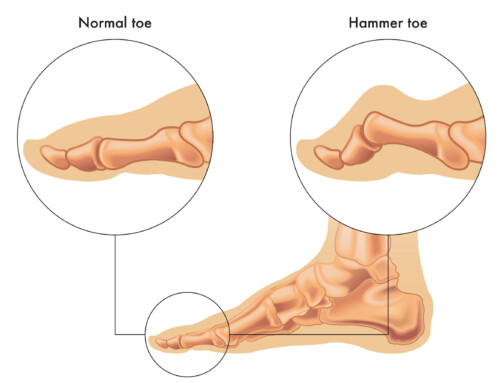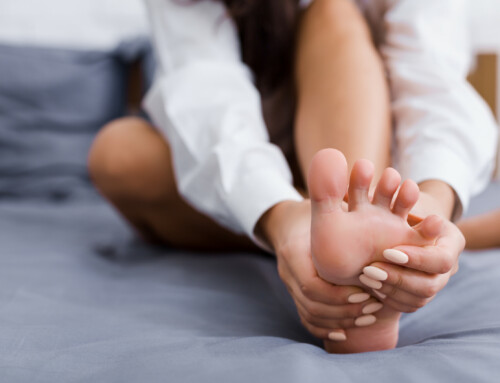By Sara O’Connor, SPT
Heel pain can be debilitating and can impact one’s ability to function in their daily life. Pain might be felt at the bottom of the heel or behind the heel. The pain can range in severity and can be acute or chronic. Heel pain can be caused by plantar fasciitis, plantar heel fat pad atrophy, calcaneal stress fracture, local or referred nerve pain, tumors, a bone infection, or systemic autoimmune causes. Heel pain is common among the adult population with a higher incidence in athletes or sedentary individuals. Heel pain can be diagnosed with a subjective history, medical imaging, palpation, or a combination.
Signs and symptoms of Heel Pain:
- Heel pain or tenderness
- Inflammation and swelling
- Bone growth on the heel
- Discoloration and bruising
- Pain upon standing up after previously being seated
Treatment for heel pain is dependent on the cause but in general, is conservative, and weight-bearing modification may be necessary while inflammation decreases. The most successful outcome for heel pain in physical therapy is an individualized plan made by a physical therapist. It is important to include education on the cause of heel pain and any activity modifications needed to prevent a recurrence. Heel pain can be prevented with proper shoes, stretching appropriately before and after exercise, and keeping the foot and ankle mobile throughout the day.
Physical therapy treatment may include:
- A subjective history of the patient’s heel pain
- Gait analysis to determine if there is a biomechanical fault
- Stretches for the calf muscles, Achilles tendon, or plantar fascia
- Strengthening exercises for the muscles in the foot and supporting muscles of the ankle
- Taping to the heel or bottom of the foot
- Manual therapy
- Shoe modification
- Referral for orthotics
References
Cleveland Clinic. Heel pain: Causes, symptoms, diagnosis & treatment. Cleveland Clinic. 2021. https://my.clevelandclinic.org/health/articles/10060-heel-pain.
Allam AE, ChangS K-V. Plantar Heel Pain. StatPearls. Published online September 5, 2022. doi:https://www.ncbi.nlm.nih.gov/books/NBK499868/#
If you are suffering with heel pain, contact us today via our contact form, or call us directly at our physical therapy clinics in Malta, Saratoga, Delmar or Queensbury at 518-289-5242 for a personal evaluation, and find out how we can get you feeling better!

